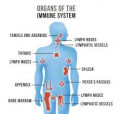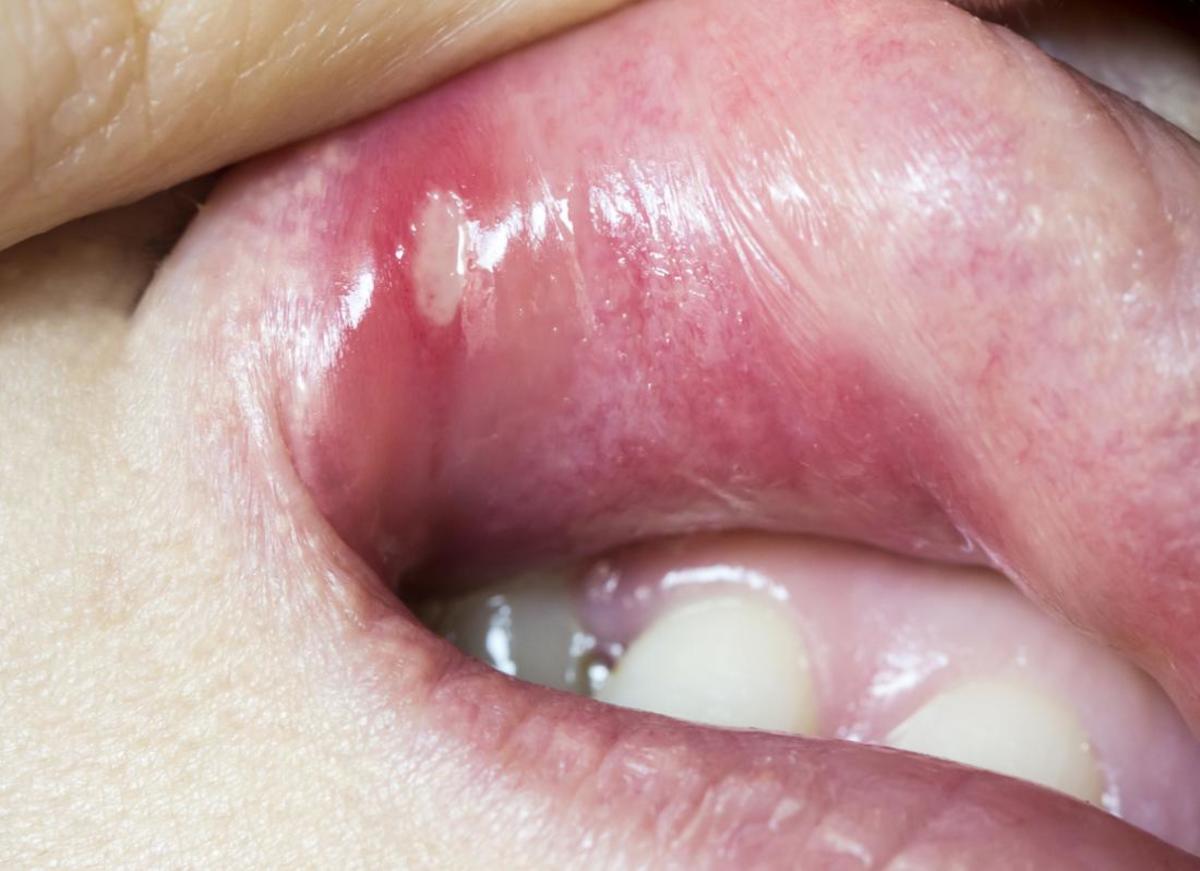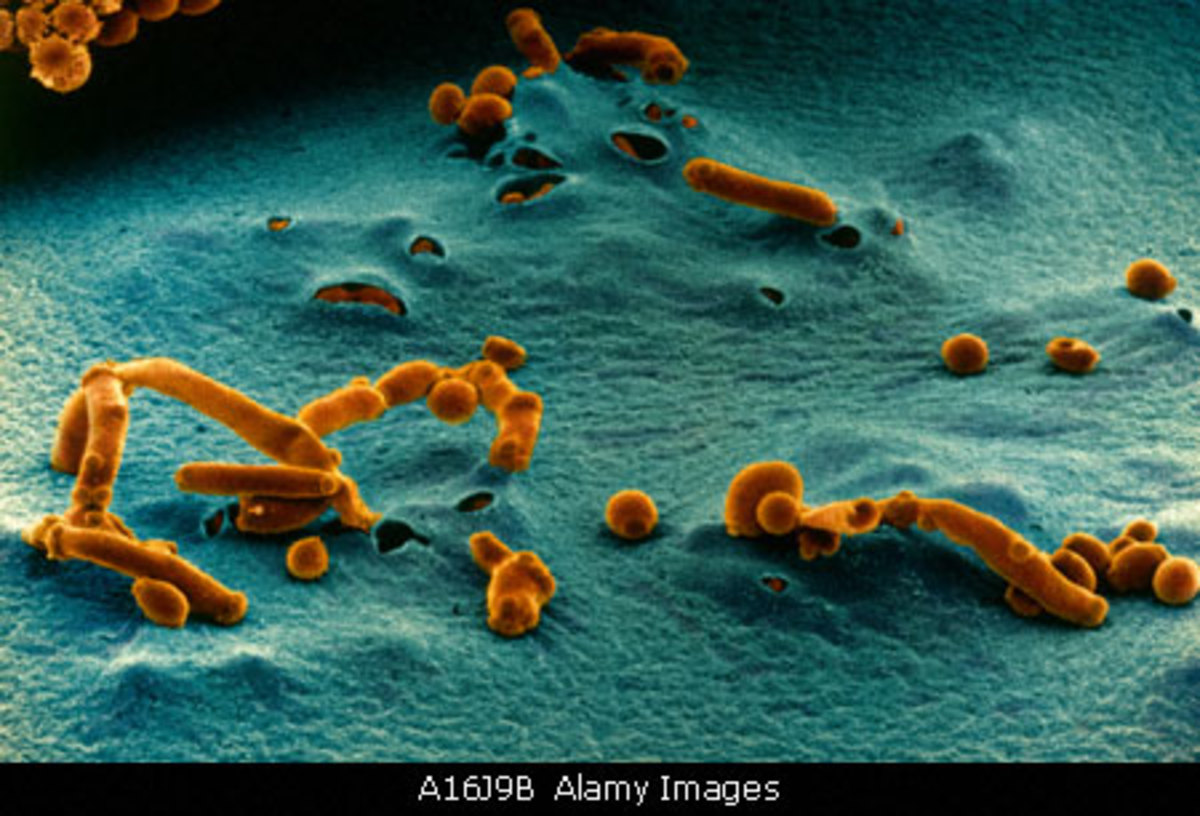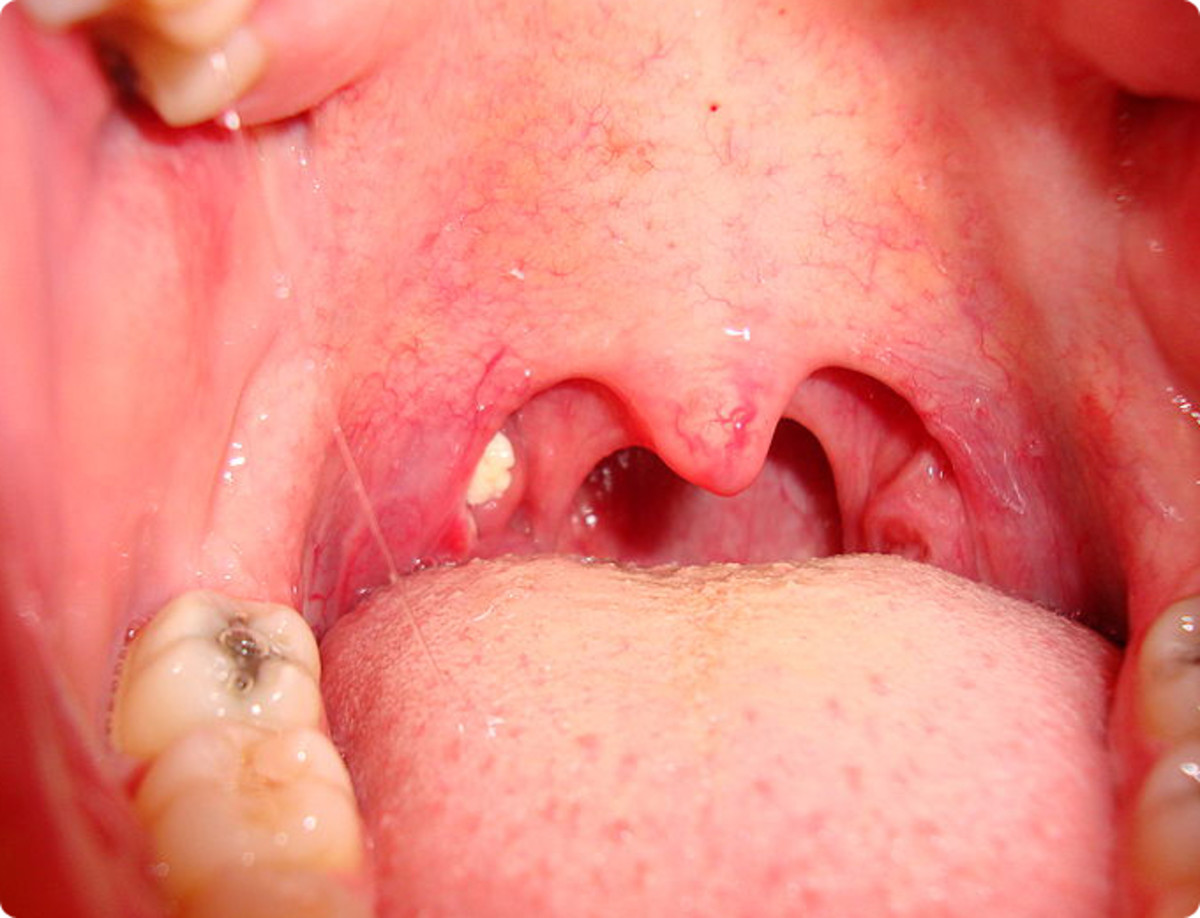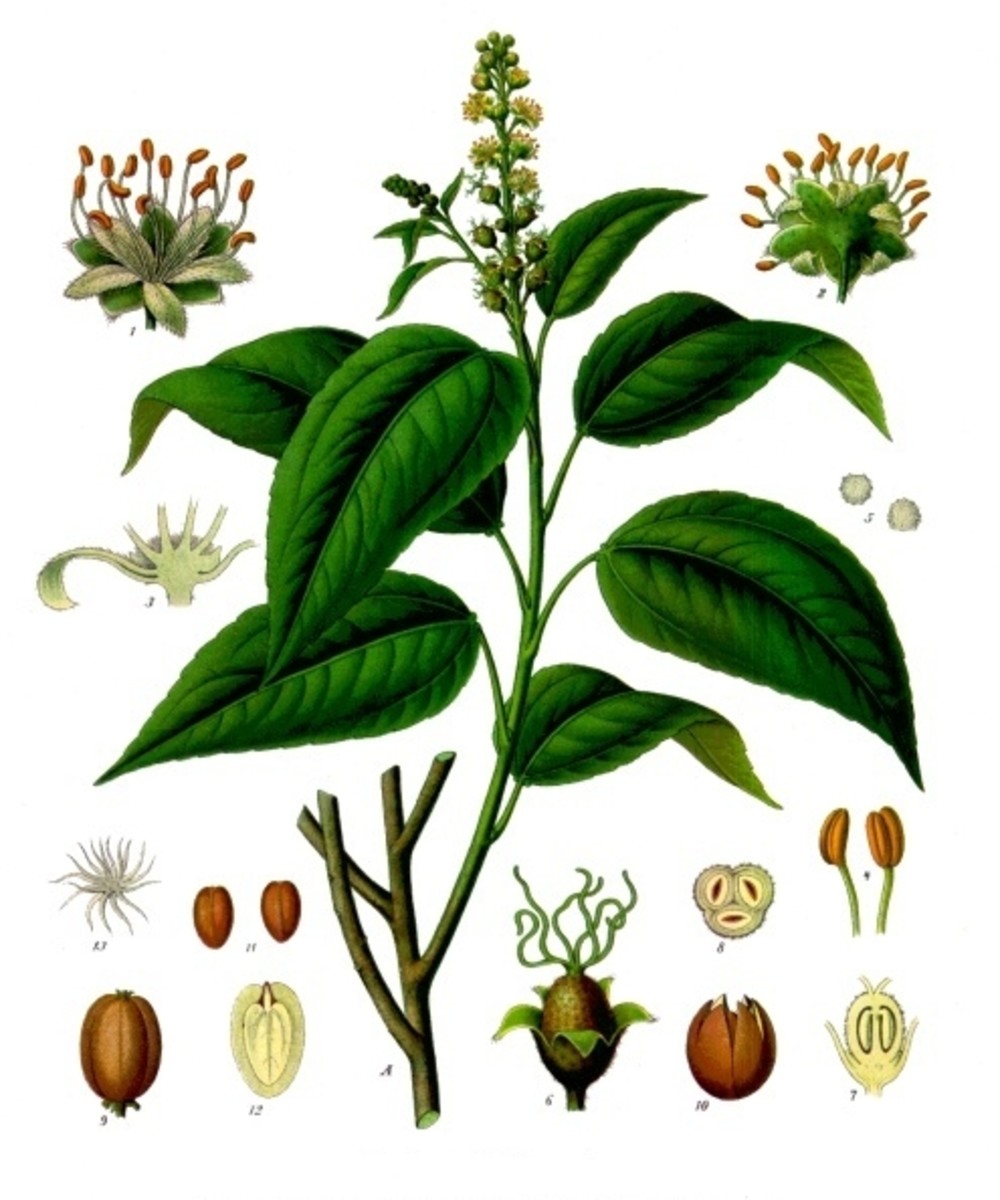Echinacea: Does It Help Or Hurt?
Disclaimer
This hub is not an endorsement for any company or product featured in this article. I offer this article for information only. Please check with your health care professional before taking any advice you read on the internet.
Mary McShane
Echinacea

Colds
I don't know about you, but I used to hate "getting" a cold. I used to hate "living through" a cold. And I used to hate "trying to get decent rest" with a cold.
That was before I found Echinacea. Although I do have some Rheumatoid Arthritis, and many herbal supplements are not recommended when you have RA, I will not give up my Echinacea when I have a cold.
I take it at the very first little twinge telling me that a cold is coming on, and although the actual cold is not gone in two days, I definitely feel better within two days. Usually I take four tablets right away, then I follow the package directions, not exceeding six tablets in one 24 hour period. The reason for the four tabs right away is to assault the cold as fast as possible.
Echinacea won't cure the common cold.
It will make you feel better while you are enduring it.
A typical cold lasts about six to ten days. Antibiotics won't do any good because the common cold is a virus. Antibiotics don't work on virus infections, just bacterial infections.
If you take Echinacea immediately after you feel the cold starting, I can almost guarantee you that by the end of the second day, you will start feeling better so that going through the rest of the four or five days won't be as horrendous as going through a cold with nothing but Tylenol - which, by the way, is very toxic to your liver.
Try to take an NSAID or ibuprofen instead for fever or aches and pains.
I'm not one for drinking teas or using extracts, so tablets and capsules work best for me. Whatever form you like, use it.
Try it for your next cold and see how you feel getting through the cold from beginning to end.
Here is some information that might help you make up your mind.
Truth In Labeling?
ConsumerLab.com tested the purity of Echinacea and published the findings of their study.
They found that of 11 brands of Echinacea they purchased to test, only 4 contained what was stated on their labels. They did not publish the brand names, which to my thinking, would have been beneficial to know.
About 10% had no Echinacea at all. Half were mislabeled regarding the species of Echinacea in the product, and more than half of the standardized preparations did not contain the labeled amount of active ingredients.
Their advice: Buy from reputable, established companies that distribute their products through trustworthy and knowledgeable establishments. Look for "guaranteed potency" and "standardized extracts" written on their labels.
Source: Echinacea | University of Maryland Medical Center http://umm.edu/health/medical/altmed/herb/echinacea#ixzz35aKCN4JV
Why Is Echinacea Good For You?
Echinacea helps stimulate and support a healthy immune system. It also has antibacterial and antibiotic properties. Echinacea increases activity in the immune system.
Echinacea stimulates the cells that fight infection, making the immune system stronger so it can fight bacteria, viruses and other bad cells in the body.
Echinacea can help wounds to heal. It helps decrease the symptoms of viruses and that is pretty much where the "science" stops.
It is thought to help speed the recovery from a common cold, but science doesn't support that fact. However, people claim they feel better and who knows? Maybe the scientists have it all wrong and the patient is right. For once.
For hundreds of years, Echinacea was used by Native American Indians starting from the 1400's before European explorers arrived on their turf. The Europeans, in turn, took their cues from the Indians to learn many of their ways and dealing with the common cold was one of them. By the early 1800's Echinacea was a popular herbal remedy in America, followed shortly after by most of Europe. Germany did their own research in the 1920s and their results made Echinacea even more popular to use.
Which Part Of The Plant Is Best?
If you hear someone say "Oh, that Echinacea didn't do a thing for me!" it could be because of the type of Echinacea herb they purchased.
The herb in the root has much more potent oils than the herb that is at the top of the plant, which contains more polysaccharides which activate the immune system. Germany did their own research in the 1920s and their results made Echinacea even more popular to use. Germany has a governmental department which regulates the dispensing and dosage of herbs.
The top part of the plant (the part that grows above the ground) is called Echinacea purpurea. It is approved to treat colds, upper respiratory tract infections, urinary tract infections, and slow healing wounds. The root of the Echinacea pallida plant is approved to treat flu-like infections.
Reading the ingredients label should tell you the name of the plant used in the formula and what the potency is.
Types of Echinacea
Many companies use the cheapest part of the plant in their ingredients which will require the consumer to take more Echinacea, and therefore drive up their sales and profits.
There are three species of Echinacea used for medicinal purposes:
- Echinacea Angustifolia
- Echinacea Pallida
- Echinacea Purpurea
Many Echinacea formulas will have one, two, or even all three of these species. Different products use different parts of the echinacea plant. This is why the effectiveness of Echinacea can be different from one product to another.
If you start to feel something coming on, the experts say that you won’t stay sick for very long.
However, "treating" a common cold is not the same as "preventing" a common cold.
As much as you hear and read about experts saying that taking Echinacea can prevent a common cold from even starting, there is no scientific evidence of that to date.
It comes down to "To each his own." If you think it will prevent you from getting a cold, take it. But if you see that it hasn't really helped you after dealing with a couple of colds, then perhaps the experts might be right.
Echinacea usually comes with vitamin C added. So is it the Vitamin C or the Echinacea that is the reason people rave about how effective it is?
I found one study that says there is some scientific evidence that Echinacea can reduce the symptoms of cold or flu if you start taking it as soon as your symptoms are first noticed and if you continue taking it for 7-10 days.
I don't know about you, but my colds always last 7 to 10 days, so how is Echinacea helping someone with a cold if it can't get rid of it before 7 to 10 days?
It is all in how you feel during those 7 to 10 days -- the difference between miserable and bearable. It reduces the symptoms, i.e. makes them feel less severe. And that's good enough for me and the millions of other consumers who swear by Echinacea.
Uses For Echinacea
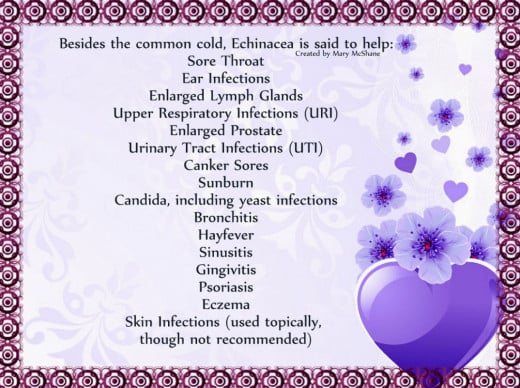
Children's Formula
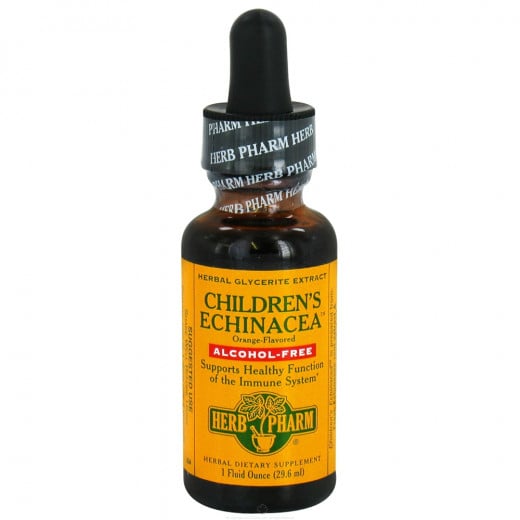
Forms of Echinacea
Echinacea comes in:
- Tablets or Capsules
- Teas
- Liquid Extracts
Best Price: 7 cents a tablet
Echinacea: Recommended Dosages
1. Tablets or Capsules - may contain root powder or herb. Recommended usage level: 1/2 - 2 g per use three times a day.
2. Teas - brewed as a tea: 1/2 - 2 g per use three times a day
3. Liquid Extract - very popular because it is easy of use. Could be alcohol or glycerine-based. Extract strength varies, so read manufacturers' directions is important. Recommendation ranges from one to five droppersful per use (0.5-5 ml.) three times per day.
As a Tea
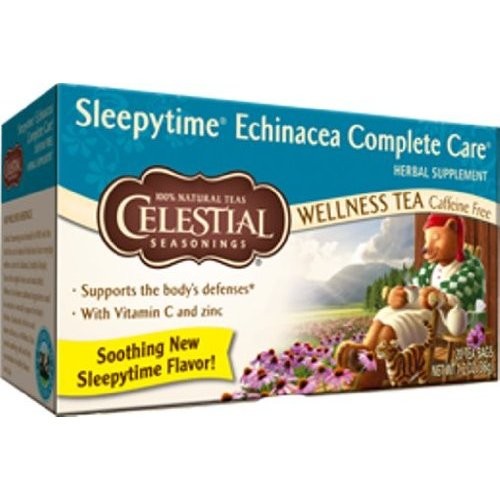
Tea Ingredients
Whether you’re already sick or just want to have it at the ready, Echinacea Tea can provide immune system support. Echinacea has been used for centuries to help maintain the body’s defenses, supporting with immune system with added Vitamin C, zinc and elderberry.
Most companies advertise that their product is all natural with no artificial colors or preservatives, but one must always read the list of ingredients.
What is all natural to them may not be all natural to you. The product pictured at the right has added chamomile, spearmint, peppermint, lemongrass, tilia flowers and orange blossoms.
If a person were to drink more than recommended daily, one of the added ingredients might cause some intestinal upset.
About The Amazon Ad
Don't buy this product. I am only showing you the Amazon advertisement for a brand of Echinacea so you can view the label with the amount of Echinacea in it but I also wanted you to see the price - directly from Amazon so you can see I'm not exaggerating.
There are 250 capsules of 400 mg Echinacea in each bottle.
The Echinacea ingredient is 800 mg. Your dosage is two capsules to get the 800 mg because each capsule is only 400 mg.
That means at six doses per day, you'd be taking 12 of these capsules.
I just wanted you to see how label reading can be deceiving if you don't catch the intended dosage.
Back label of NOW 250 mg capsultes
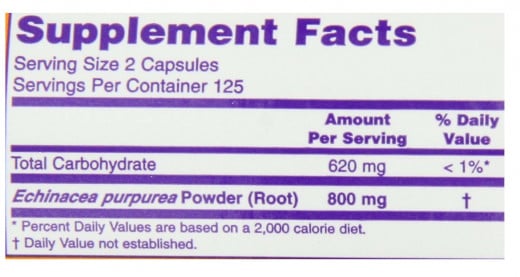
Example of Dosage & Ingredients

Side Effects
- fever
- nausea
- vomiting
- unpleasant taste
- stomach pain
- diarrhea
- sore throat
- dry mouth
- headache
- numbness of the tongue
- dizziness
- insomnia
- disorientation
- joint and muscle aches.
Allergic Reactions
Echinacea can also cause allergic reactions, especially in people who are allergic to
- ragweed
- mums
- marigolds
- daisies
If you have allergies, be sure to check with your healthcare professional before taking Echinacea.
Applying echinacea to the skin can cause redness, itchiness, or a rash.
Do not take echinacea if you are pregnant or breast-feeding.
IMPORTANT: Autoimmune Disease Warning
DO NOT TAKE Echinacea if you have any type of immune system disorder such as:
- Multiple Sclerosis (MS)
- Lupus (Systemic Lupus Erythematosus, SLE)
- Rheumatoid Arthritis
- Fibromyalgia
- Crohn's Disease
- HIV infection
- Progressive Systemic Disease
- Sjogren's Disease
- Any disease that falls in the classification of "Autoimmune Disease
- Skin disease called Pemphigus Vulgaris
A more comprehensive list of autoimmune diseases can be viewed at this link.
For Further Reading
Missouri Botanical Gardens - shows how to cultivate and grow
American Family Physician - Pharmacology, more studies, and interactions
Terra Nova Nurseries - Resource for growers
Center for Animal Health - your pets and herbs
Burpee Seed Company - all kinds of Echinacea seeds for sale (click to look around this site, it is really a good site to learn about products before making a decision to grow or to consume.
Conclusions
While Echinacea will not cure you, it can certainly make you feel much more comfortable while you are dealing with a cold.
It will most likely not shorten the length of your illness, but at least you will be more high-functioning than you would be if you hadn't taken anything for your cold.
Thank you for reading my hub.
Your views and comments are appreciated.

© 2014 Mary McShane
© 2014 Mary McShane


